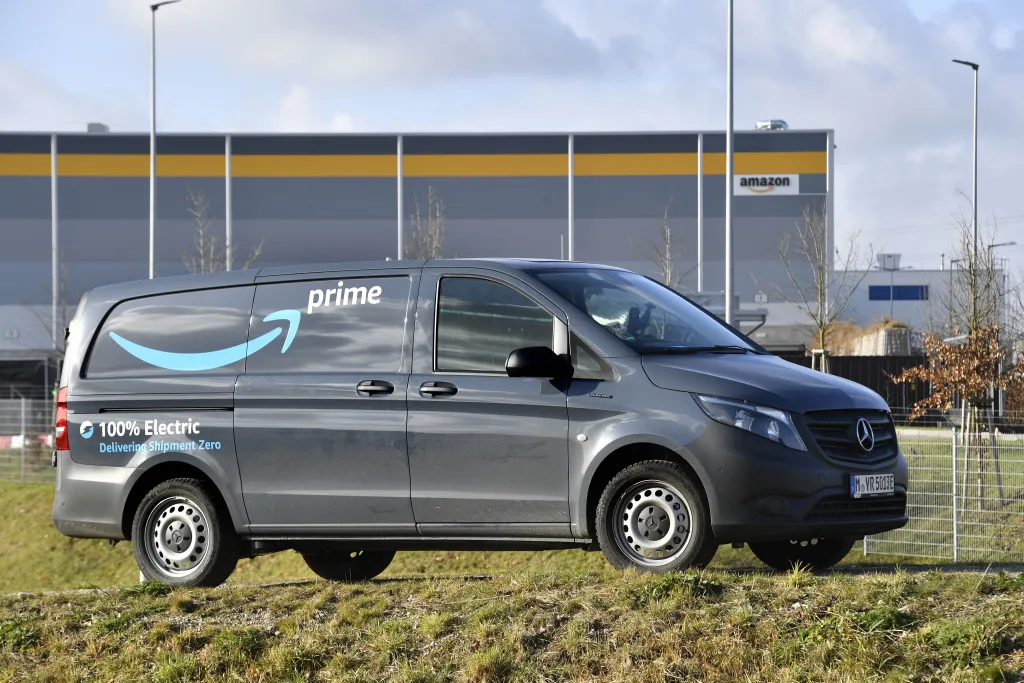Volvo buses has launched a new version of its electric bus, Volvo 7900 Electric, with an extended range, more charging options, and increased flexibility for bus operators. It is expected to become operational at the end of 2018.
Battery capacity has been extended and is available in 150, 200 and 250 kWh, allowing the bus to run longer between charges. In addition, the batteries can be fast-charged at the route's end stops, via the open and competition-neutral OppCharge interface. It can also be charged
October 20, 2017
Read time: 2 mins
Battery capacity has been extended and is available in 150, 200 and 250 kWh, allowing the bus to run longer between charges. In addition, the batteries can be fast-charged at the route's end stops, via the open and competition-neutral OppCharge interface. It can also be charged via cable, CCS.
Volvo buses have an operating range up to 200km depending on the topography and has an advanced steering system and safety-enhancing pedestrian and cyclist detection warning available as options.
The new electric buses has its premiere showing at the Busworld international bus fair in Kortrijk, Belgium, on 20 to 25 October.








